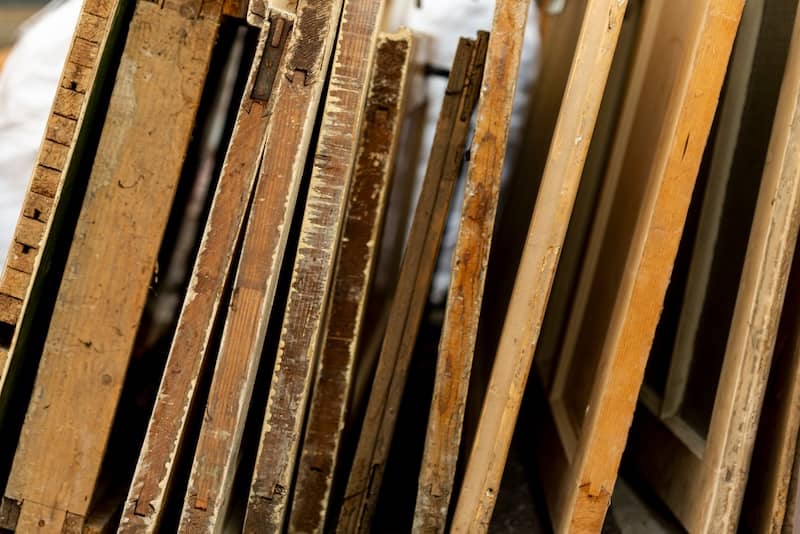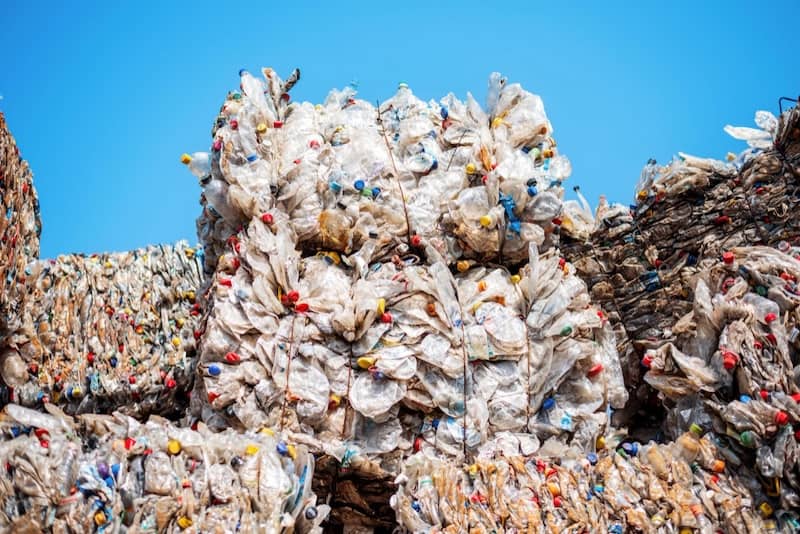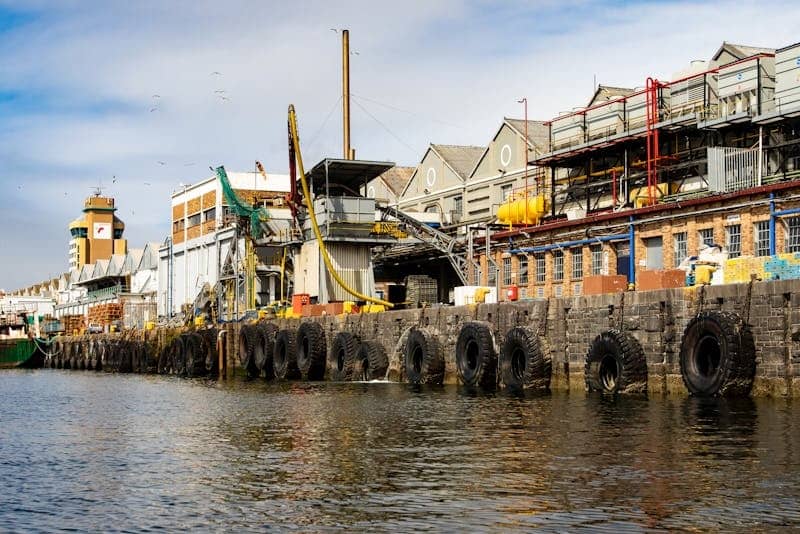You love the planet, you’re concerned about its sustainability, and you’re trying to do your part to keep things out of the landfill—now how do you convince the people around you to do the same without pushing them away? We opened this question up to a panel of professionals. Read on to learn their best tips.

Stephanie Seferian
Simplify the process.
Place the recycling bin right next to the trash can and clearly label both bins. Paste a handy cheat sheet to the recycling bin that lists the plastics that can be recycled as per community guidelines. If children will use the bin, consider adding pictures to the cheat sheet, too.
Say nothing, but lead by example.
I have found that breaching eco-friendly lifestyle tweaks with others tends to breed pushback. Instead, I believe that saying nothing and letting my actions lead is best practice. When friends, family members, and coworkers consistently see you separating your trash and recycling papers, plastics, glass, and aluminum, they will likely breach the subject with you themselves. When they do, share your knowledge, not your emotion. Offer facts instead of sentiment, especially with regard to the dangers of plastics pollution (particularly microplastics) on our oceans.
Be well-versed in your municipality’s recycling guidelines, too. Know exactly what is recyclable (versus what isn’t) so you can be a source of information for those who are interested.
Give the gift of green.
On birthdays and holidays, give reusables including stainless steel water bottles, beeswax wraps, reusable silicone bags, and more. While many people would not consider buying these items for themselves, they will likely rely less on disposables when gifted reusables.
Speak with the younger generation
There is a line that I don’t want to cross when sharing my passion for recycling. I would like to talk to others about the importance without preaching to them, so what I have done so far is to go around the local schools and community and speak with the younger generation. Children are always open to new ideas and are able to share their enthusiasm with their families.
Working with the children and teachers has given me the opportunity to share my knowledge and educate them on what can and can’t be recycled because sometimes people are unsure of what items can be so they just play it safe and put it in the trash. I have also asked for their help in cleaning up the local parks. I have had such a fantastic response, and we have even arranged a pickup litter party. The one that collects the most recycling gets to spend the day at the recycling center because knowledge is power and the more people know what to do, the better.

Michael Lowe

Dhanya G.
As a mother, I try to set the best example for my son and teach him the importance of taking care of our planet. He already understands what can be recycled and what can’t. By educating him early on he is fast becoming an ambassador for recycling. When someone doesn’t recycle he will show them how and tell them why – albeit in basic terms. Teaching children in the community about recycling is the simplest way to change the habits of the community as a whole.
Whenever I plan to go to drop off some items at the local charity shop I make sure my friends and neighbours know. I ask them if they have anything they want to give. I think people are more likely to recycle if it is easy for them.
Connect to the community
Apathy is a common dilemma that most activists face in today’s social climate, and the issue really stems from people not understanding how little steps like recycling can also improve their own lives. In fact, recycling has been shown to improve community health in many ways. These efforts can reduce the health impacts caused by environmentally hazardous materials.
The reality is that people don’t implement change unless they see the potential for positive impacts in their own lives, so in order to avoid sounding preachy when advocating for recycling, it may be helpful to explain to your community members how simple recycling efforts will improve their lives. I’m a firm believer that everyone actually cares about the environment because the environment directly impacts our own health; we as activists just have to help our community connect the dots to usher in a new era of sustainability.
Recycling is something that the mainstream media has made seem like a ‘hippie’ trend; however, we need to change the narrative to show that recycling is extremely easy to implement in the lives of busy individuals.

Rohan Arora

Keith J. Myers
Keith J. Myers, the CEO & Editor in Chief of the Hempire.
Set an example
I’m 51 years old, and gone are the days where I convince people by being the louder person in the room. It may be an effective technique, but people will despise you for it, and you’ll sound a little preachy as well, which is not a good thing if you’re not a priest.
The thing is, people don’t like being told what to do. No matter how wonderful or beneficial your idea is, forcing it upon others will make them resist and not do it. And people who are very vocal about doing something often get labeled with negative connotations.
What you should be doing instead is to make them think it’s their idea by seeding the thoughts in their head. A good example of this would be convincing a kid to play sports. If you tell them directly to do it, they will resist, and even if they do it, they won’t be really into it.
What you should be doing instead is take them to the park every week and play sports with them. It will condition their mind that sports are a good and fun thing without you telling them anything. You can do this with recycling as well.
Why tell people to recycle when you can show them. Show your community how you’re making a difference and recycling things yourself. You won’t be labeled as a preacher, but you’ll be seen as a doer instead. You can also include the things you do into conversations naturally as well so you’ll slowly influence others over time into recycling.
Local politics
If your community doesn’t have any wide-sweeping recycling initiatives, you may want to involve yourself in local politics to get something implemented. See when town hall meetings are, or if you live in a neighborhood, the HOA meetings. Ask about bringing an issue to the table and come prepared with the benefits of a recycling initiative. If you can get help with it, you’re far more likely to get engagement from your community.
Outside of that, you can put recycling bins in public areas. You do have to check local laws for parks and other places to make sure you can do so legally, or they’ll just be removed. You can also write up a piece for your community’s website or paper to discuss the easiest ways to recycle, or perhaps what not to throw in certain bins. Just give tips that are simple to follow, and people will be more likely to use them.

Rex Freiberger

Sarah Sibtain
Rewards
Over the years, I have noticed that people only recycle when they are getting a benefit out of it. The best way to encourage your community to do so as well is to introduce points and benefits to recycling.
An organization by the name of “RecycleBank” rewards people for recycling their waste products. These rewards are in the form of points which can be redeemed later for coupons and discounts at different stores that sponsor the company. It’s a good idea to either contact them for collaboration or introduce your community members to them. Set up their recycling bins around the community and put informative pamphlets in your community center so the residents are more aware of how the recycling scheme works. This won’t necessarily put you on the spot for being preachy and is likely to get the job done.
If you want to encourage your community to recycle without being preachy, you can enforce a rewards system instead. For instance, you can say that for every 1 kilogram of plastic bottles turned in, you will be replacing it with a pack of noodles or a bar of soap (something useful, especially nowadays).
Saving the environment and teaching people how to be a part of it doesn’t necessarily have to involve long hours of the lecture because sometimes, all it takes is a creative mind.

Lewis Keegan
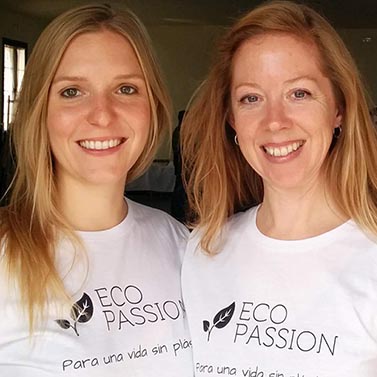
Sarah Spencer
Visit the recycling plant
One of the ways I have encouraged my community to recycle without being preachy is to offer a trip to the local recycling plant in our area. With the help of the local council, my colleague and I organized a group of people to visit the recycling plant in order to gain first-hand experience of what actually happens to our waste once we discard it into the various bins on offer in our locality.
We had an excellent guide who showed us a scale model of the whole plant and what the various areas were for. We then watched a presentation which went into more detail around the steps from the moment the waste arrives to the moment it is prepared for shipment to the buyers of recyclable materials. This was followed by a question and answer session, and then finally a tour of the various areas of the plant including sorting, landfill, compost, etc.
Our group was very engaged and interested in the whole event and came away feeling both surprised at just how much work goes into the sorting and collating of our waste, as well as motivated to recycle more efficiently. I’d heard many people say that they believed all their rubbish went into the same truck regardless of what bins they put it in, but all our group that day were able to see first hand that this isn’t the case and hopefully then spread awareness among their own friends and family. We have since posted blog posts and social media posts describing the event so that rather than sounding preachy, we’re coming at it from an educational and factual point of view.
Get the kids involve
The simplest way to encourage your community to recycle without being preachy is to get the kids involved. Kids are like little sponges who soak everything up and take it back home to their families.
When you teach them about the importance of recycling for their futures, they’ll want their families to recycle. It’s about reaching them in a way that’s both fun and educational. To get started, you can work through schools or youth organizations like Girl and Boy Scouts. They are always looking for volunteers to help coordinate educational opportunities like environmental awareness programs.
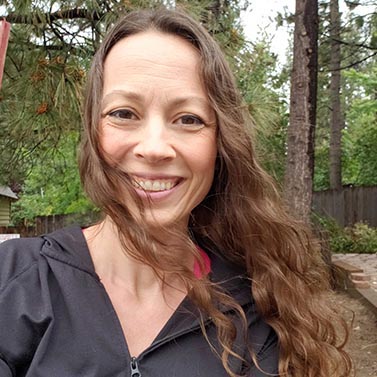
Chrystal Johnson

Katelyn Cresmer
Set a positive example
I think the best way to encourage people is lead by example. My town does a great job of doing this. The town is so small, it doesn’t have a recycling system in place. Therefore, a recycling group was established. There are monthly meetings and a Facebook group. At the meetings, sometimes there are speakers and activities. The group also makes appearances at festivals and farmer’s markets to bring awareness, make recycling easier, and bring some fun. It has definitely switched a lot of people.

Laura Alexander Wittig

Jesse Silkoff
Sharing ways to make recycling easy – or even fun – can really help to get your community on board.
Contest and reward
The best way to encourage people to do anything is to make it easy for them to do it. If you want people in your community to recycle, make sure there’s easy access to recycling bins. In some cases, this may mean speaking to your city council, but if you have a small, local community — or even better, an organization or business community — you can place the bins yourself. Make clear signage showing which bin is for which materials. I’ve even seen some that include examples since many people don’t really know what counts and what doesn’t.
If you live in a suburban community, or if you’re starting an initiative at work, you can create some kind of “contest” to incentivize recycling. Have members of the community post pictures of their recycling haul every week and reward the person who recycles the most.
Dan Bailey
This is a crowdsourced article. Contributors are not necessarily affiliated with this website and their statements do not necessarily reflect the opinion of this website, other people, businesses, or other contributors.


